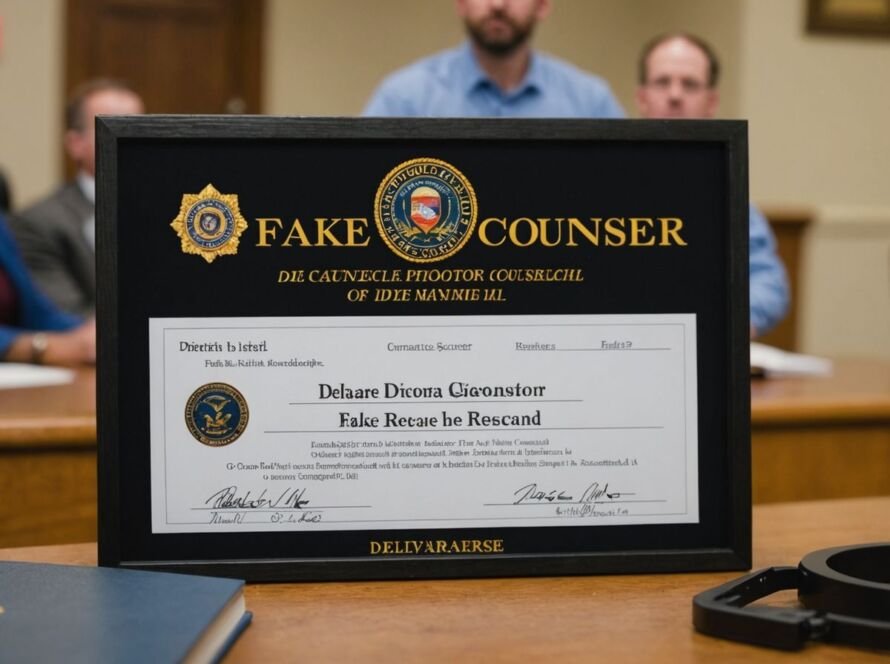An assassination attempt on former President Donald Trump has left Americans grappling with questions about the shooter’s motives. Thomas Matthew Crooks, a 20-year-old with virtually no online presence, has baffled experts and the public alike. Was it political, or something deeper?
Key Takeaways
- The shooter, Thomas Matthew Crooks, had no significant online footprint or social connections.
- Experts suggest the motive may be more about personal issues than political beliefs.
- The psychology of assassins often involves a damaged ego and a desire for attention.
The Enigma of Thomas Matthew Crooks
Thomas Matthew Crooks, the young man who attempted to assassinate former President Donald Trump, remains an enigma. With no known social media accounts and no friends coming forward, Crooks has left a void of information. He was a registered Republican but also made a small donation to a progressive movement in 2021, adding to the confusion about his political stance.
Expert Opinions
Dr. Rachel Toles, a licensed clinical psychologist specializing in violent criminals, suggests that politics may have had little to do with the shooting. According to her, individuals in these scenarios often suffer from a damaged ego and a desire to take out someone who has what they most covet—success, popularity, or good looks. In this case, Trump could have represented something Crooks deeply desired.
Dr. Nicholas Kardaras, who has psychoanalyzed several high-profile teenage killers, agrees that Trump might represent the alpha male Crooks couldn’t be. However, he also believes there could be some political influence at play, given Crooks’ donation to Democrats in 2021.
The Psychology of Assassins
Experts like Dr. Toles and Dr. Kardaras believe that assassins share more in common with mass shooters than with serial killers. While serial killers are driven by an internal desire to dominate, assassins often seek attention and infamy. According to the Secret Service Exception Case Study Project, many assassins are driven by delusions and a desire for fame rather than political motives.
Historical Context
The history of political assassinations provides some context. John Wilkes Booth, who murdered President Abraham Lincoln, believed his actions would change the course of history. Similarly, John Hinckley Jr. attempted to shoot President Ronald Reagan to impress actress Jodie Foster. These cases show that assassins are often driven by delusional desires and a need for attention.
The Role of Guns and Media
Another factor that could have contributed to Crooks’ actions is his interest in firearms. He tried out for his high school rifle team and had a membership at a local firing range. Dr. Kardaras notes that an early interest in guns and violent video games is common among school shooters. While it’s unclear if Crooks played video games, such activities could have increased his aggression and blurred the line between reality and fiction.
Conclusion
The motives behind Thomas Matthew Crooks’ assassination attempt on former President Donald Trump remain unclear. While experts suggest a combination of personal and possibly political factors, the psychology of assassins often involves a damaged ego and a desire for attention. As authorities continue to investigate, the enigma of Crooks’ actions serves as a stark reminder of the complexities involved in understanding the minds of violent criminals.
